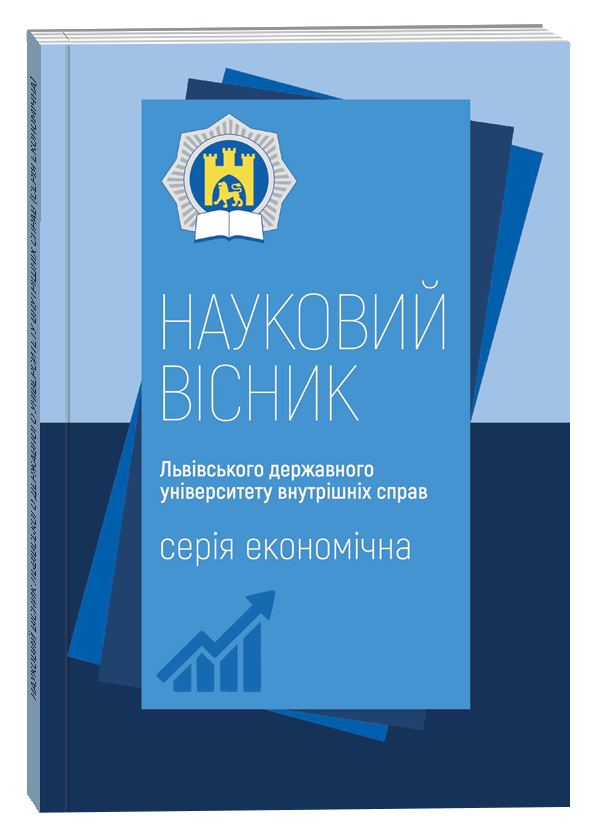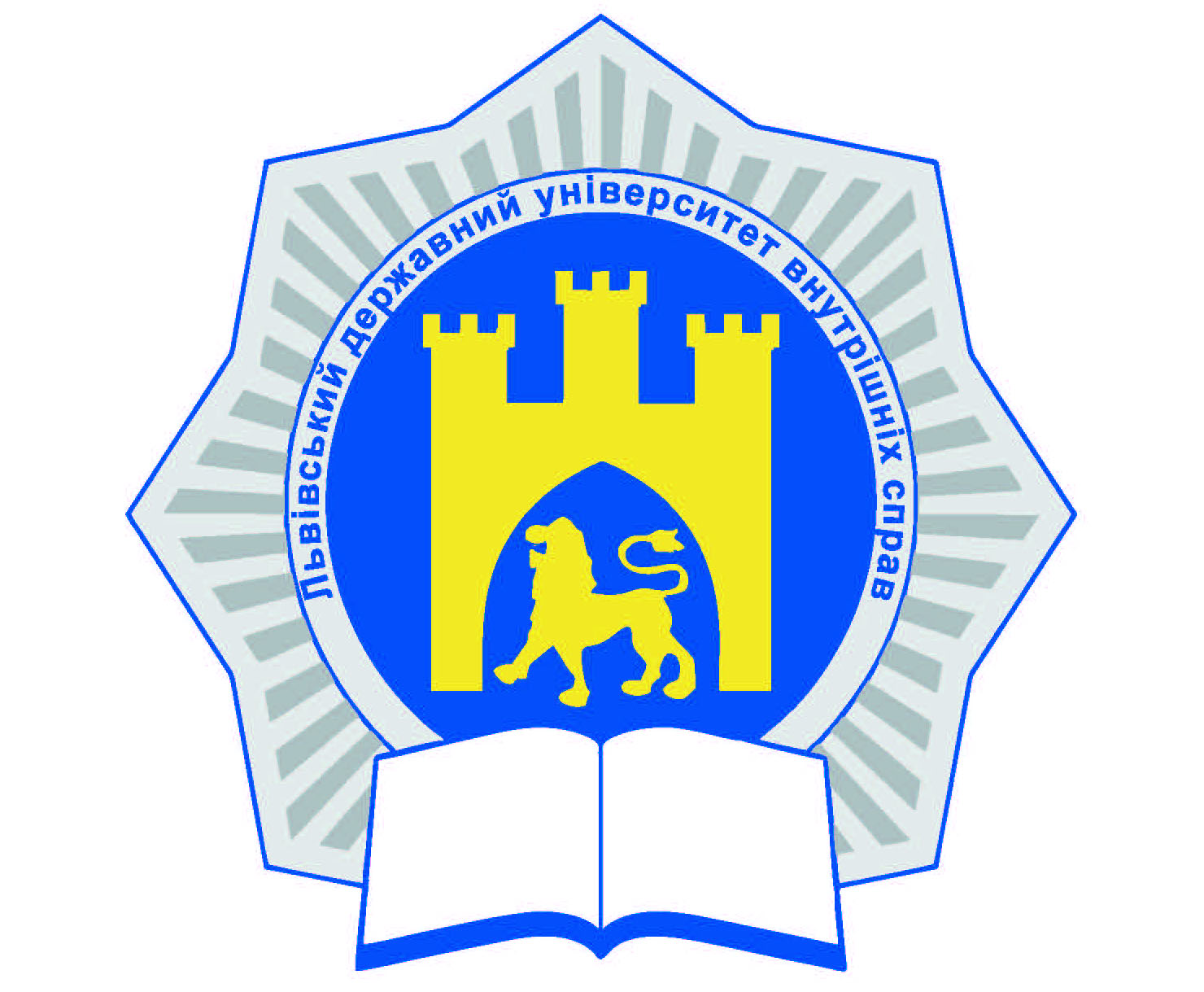CORRUPTION IN UKRAINE: THE ESSENCE OF THE CONCEPT AND IMPLICATIONS FOR THE ECONOMY
Keywords:
corruption, shadow economy, corruption perception indexAbstract
This article explores the nature of corruption. Found that today there isn’t single, universal definition of corruption. This article examines the views of domestic and foreign scientists in the definition of «corruption». The analysis of international and Ukrainian legislation on combating and preventing corruption. The basic model of corruption. The main effects of corruption on the economy. Among the negative ef-fects of corruption on the economy singled expanding shadow economy, abuse of competitive market mechanisms, inefficient use of public funds, higher prices by increasing the «cost of corruption», deterioration of the investment climate. The relationship between corruption and the shadow economy. The negative effects of the shadow economy - a loss of tax revenue, reducing state spending, worsening social problems. The level of the shadow economy and level of toning in terms of economic activities are analyzed. It was established that during 2016 the level of toning economy reduced by 5%. Among the main reasons of reducing the shadow economy are allocated as follows: achievement of relative macroeco-nomic stabilization, reducing inflation, improving of the conditions for the business .Violation of competitive market mechanisms appears in holding opaque tenders, causing decrease in the efficiency of the market and discredit the ideas of market competition. It is established that corruption has a negative impact on revenues and expenditures in the state budget. Revenue decreased with the increasing of level of corruption in the country. It is proved that reducing of corruption ranking by one position reduces state revenues to 1,71-2,51% of GDP. It is proposed the measures to reduce the level of corruption in Ukraine and its negative impact on the economy - to create an effective and efficient anti-corruption system of justice, actively involve business to establish new relationships, transparent rules for society, authorities and business.
References
–––––––––––––––––
Корупційні ризики в діяльності державних службовців: Роз’яснення Міністерства юстиції України від 12.04.2011 [Електронний ресурс]. – Режим доступу: http://zakon2.rada.gov.ua/laws/show/n0026323-11
Ожегов С. И. Словар русского языка: ок. 57000 слов / С. И. Ожегов; под. ред. Н. Ю. Шведовой. – 14-е изд., стереотип. – М.: Рус. яз., 1983. – 816 с.
Криминология: учебник / под ред. Н. Ф. Кузнецовой, Г. М. Минь-ковского. – М., 1998. – 460 с.
Аркуша Л. И. Выявление и расследование организованной престу-пной деятельности при наличии коррупционных связей / Л. И. Аркуша. – Одесса: Одесская нац. юр. академия, 2003. – 207 с.
Лунеев О. С. Особенности пораженности правоохранительных ор-ганов / О. С. Лунеев // Следователь. – 2001. – № 2. – С. 43–50.
Політологічна енциклопедія: навч. посібник / укл.: А. О. Карасевич, Л. С. Шачковська. – Умань: ФОП Жовтий О. О., 2016. – Кн. 3. – 768 с.
Юридичний словник-довідник / за ред. Ю. С. Шемшученка. – К.: Феміда, 1996. – 696 с.
Nye J. Corruption and Political Development: A Cost-Benefit Analysis / J. Nye // American Political Science Review. – 1967. – № 61 (June). – 19 р.
Мельник М. І. Корупція: сутність, поняття, заходи протидії: монографія / М. І. Мельник. – К.: Атіка, 2001. – 304 с.
Багрий-Шахматов Л. В. Уголовно-правовые и криминологические проблемы коррупции, теневой экономики и борьбы с ними / Л. В. Багрий-Шахматов. – Одесса: Ластар, 2001. – 530 с.
Пиголенко І. В. Хабарництво як соціальний феномен сучасного суспільства / І. В. Пиголенко [Електронний ресурс]. – Режим доступу: http://nbuv.gov.ua/portal/soc_gum/VKPI_soc/2009_4/ Pugolenko.pdf.
Міжнародні правові акти та законодавство окремих країн про ко- рупцію / упоряд.: М. І. Камлик та ін. – К.: Школяр, 1999. – 480 с.
Практичні заходи боротьби з корупцією: Резолюція VIII Конгресу ООН з попередження злочинності та поводження з правопорушниками (Гава-на, 27 серпня – 07 вересня 1990 р.) // Міжнародні правові акти та законодавст-во окремих країн про корупцію / упоряд.: М. І. Камлик та ін. – К.: Школяр, 1999. – С. 65–68.
Про ратифікацію Цивільної конвенції про боротьбу з корупцією: Закон України від 16 березня 2005 р. № 2476-IV [Електронний ресурс]. – Ре-жим доступу: http://zakon2.rada.gov.ua/laws/show/994_102
Про запобігання корупції: Закон України від 14.10.2014 № 1700-VII [Електронний ресурс]. – Режим доступу: http://zakon3.rada.gov.ua/laws/show/1700-18
Корупція: теоретико-методологічні засади дослідження / керівник авт. кол. І. О. Ревак. – Львів: ЛьвДУВС, 2011. – 220 с.
Загальні тенденції тіньової економіки в Україні (за 9 місяців 2016 р.) [Електронний ресурс]. – Режим доступу: http://me.gov.ua/Documents/List?lang=uk-UA&id=e384c5a7-6533-4ab6
Боротьба з корупцією «по-українськи». ТОП-3 ресурси, які проти-діють корупційним схемам [Електронний ресурс]. – Режим доступу: http://it4reform.org/2015/02/23/top-3/
Tanzi V. and Davoodi H. (1997). «Corruption, public investment, and growth», IMF Working Paper No. 97/139, IMF: Washington D. C.
Mauro P. (1998). «Corruption and the composition of government expenditure,» Journal of Public Economics 69: 263–279.
Alm J., Martinez-Vazquez J. and McClellan, C. (2016). «Corruption and firm tax evasion,» Journal of Economic Behavior & Organization, 124: 146–163.
Скільки коштує суспільству корупція: Аналітична записка [Електронний ресурс]. – Режим доступу: http://ces.org.ua/wp-content/uploads/2016/07/How-much-does-Corruption-Cost-Ukraine_Research-Paper.pdf
Zak P. and Knack S. (2001). «Trust and growth,» Economic Journal, 111: 295–321.
Багмет М. О. Боротьба з корупцією: світовий досвід та Україна / М. О. Багмет, К. В. Волошина // Політичні науки. – 2004. – Вип. 31. – С. 152–157.





